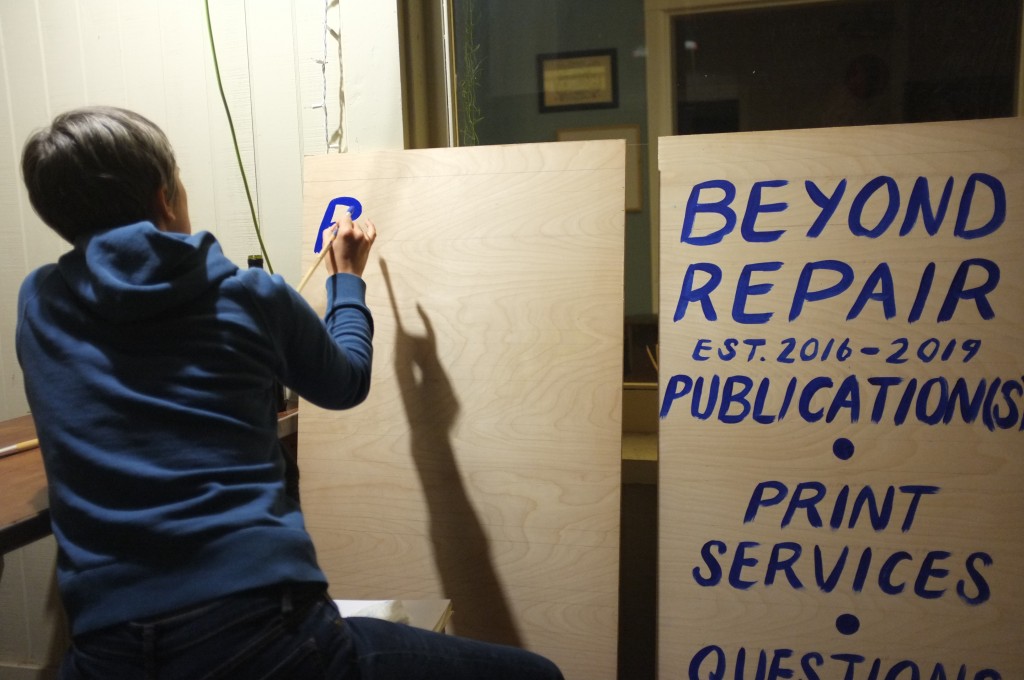
Our old friend, Helena Keeffe, came into town the other day to celebrate May Day and, simply, hang out. I first met Helena, and her then boyfriend, now husband, Joseph Del Pesco here in Minneapolis when Laura and I were visiting Laura’s family way back in 2001. At the time Joseph was the curator at the Soap Factory here in MPLS.
A few years later Helena and Joseph moved out to San Francisco so that he could start attending the curatorial grad program at California College of the Arts. Not long after that I started teaching at CCA in the newly formed graduate department for Social Practice. As I was still living in Portland I’d fly down for the times I taught and Joseph and Helena were always around, knocking on the window of our friend Jen Rhoads’s house – their neighbor who I’d introduced them too – asking if I wanted to go down the road to get a breakfast burrito at our favorite West Oakland taco truck. All said, we’ve always kept in touch, experienced one another’s ideas and projects in various states both at home and out in the world.
When Helena was in town it made me think, “Oh, can you paint the shops sign?” Of course she said yes. I knew I couldn’t do it as I hate looking at my hand-writing all day. So, I cooked dinner for her and Laura and the kids while Helena sketched out the measurements for the lettering. After the family went to bed we stayed up as Helena painted our new signs and we talked into the night.
I bring all of this up as it represents exactly the type of work and exchange that form around affectionate relationships – you don’t think of it as work, and you certainly don’t feel you are “giving something away” through the exchange. It’s people coming together to make one another’s lives happier, easier, and more appealing. When I say “affectionate” I mean both kindness and care and love, but I also mean “affect,” the way that all of those qualities change you when you allow people and the world to make you who you are, when you allow yourself to be changed through proximity to others.
All of this could seem slight, and in some ways – quite wonderfully – it is. When it gets to the point that it is reflexive and organic, mundanity can seem like symbiosis. When considered more deeply, even these small moments – making a sign for a friend, cooking for one another; a simple exchange of skills and values – can seem, and be, mutual aid as Kropotkin thought of it, or like Morris’s ideas of fellowship.